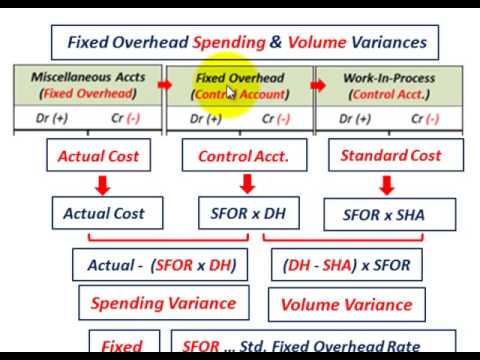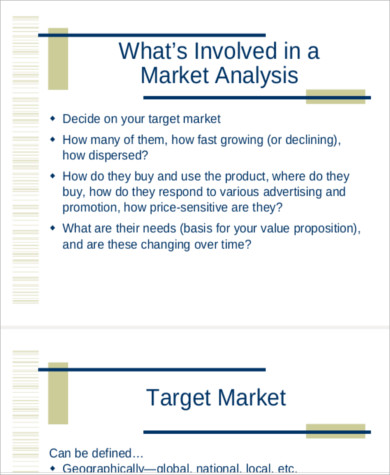Content

Many companies heavily invest in accountancy and rely on insolvency solutions to prevent debt from being left aside. A debtor is also known as a borrower when the term used in relation to a loan. In a situation where there is a possibility, but not a probability, https://online-accounting.net/ of a liability, there is no liability to record. This means that the person or entity to which the event applies is not considered a debtor until such time as the liability becomes probable and it is possible to estimate the amount of the loss.
- The frequency of these payments will be determined by the conditions of the loan.
- If you’re a creditor with questions about how to account for debts outstanding, speak with your trusted accounting professional.
- A classic example is within the situation where a bank extends a loan to an individual or business entity, creating the obligation for the individual or business entity, as the debtor, to pay back the loan plus interest.
- For example, if it is a loan, the lender will charge interest on the due amount.
- Read our definitions of credit card and mortgage to learn more about different types of debt.
If the company had to sign a promissory note for the quantity it owes, it would record and report the amount as Notes Payable. A company’s employees may be creditors when the firm owes them wages and bonuses, as are governments . A person or firm that owes money; one in debt; one who owes a debt. Self-insured retention means the individual own risk employer’s or group self-insurance association’s retained amount of risk under a specific excess insurance policy, before the liability is transferred to an insurance carrier. The meeting of creditors required by section 341 of the Bankruptcy Code at which the debtor is questioned under oath by creditors, a trustee, examiner, or the U.S. trustee about his/her financial affairs. A creditor’s assertion of a right to payment from the debtor or the debtor’s property. A legal procedure for dealing with debt problems of individuals and businesses; specifically, a case filed under one of the chapters of title 11 of the United States Code .
Debtor in Bankruptcy and Individual Voluntary Arrangements
The only entity that is not a debtor is one that pays up-front in cash for all transactions. Thus, an entity could be a debtor in relation to specific payables, while being flush with cash in all other respects. As well, family or friends can also be considered creditors if they’ve lent money, considered a personal creditor. Real creditors are banks or finance companies with a legal contract. Creditors make money off debtors by charging fees or interest. Moreover, accumulating interests make repayments difficult for borrowers, putting financial constraints on them. Many times, people lose their collateral as well upon failing to repay the debt.

His friend did not charge any interest, and so George only repaid $500 after 6 days. Needs to review the security of your connection before proceeding.
Is a Customer a Creditor or Debtor?
One bankruptcy petition filed by a husband and wife together. Debts incurred for personal, as opposed to business, needs. The bankruptcy judges in regular active service in each district; a unit of the district court. An agreement to continue performing duties under a contract or lease. Definition Definition of Debtor and synonyms of debtor from the online English dictionary from Macmillan Education. 87.41% of retail investor accounts lose money when trading CFDs with this provider. Look up any word in the dictionary offline, anytime, anywhere with the Oxford Advanced Learner’s Dictionary app.
These types of creditors typically have a credit or financing agreement in place. Paying interest charges to your creditors is one of debtors’ disadvantages. A debtor is a person, company, or other entity thatowes money. In other words, the debtor has a debt or legal obligation to pay the amount owed.



